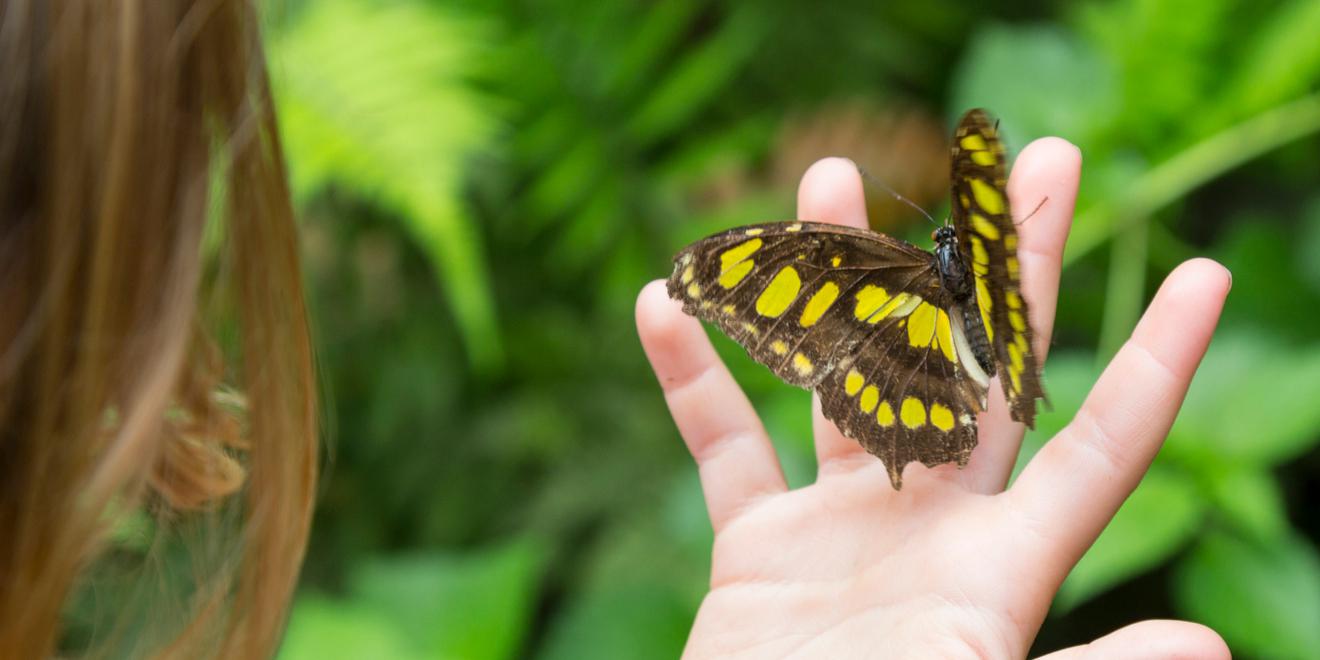Are You Ready for Genetically Modified Mosquitoes?
Posted by Mosquito Squad
June 19, 2014
You don’t have to read too many newspapers or magazines to know that a lot of our food has been genetically modified (GMO) or genetically engineered. The first such food was a tomato called Flavr Savr. It received FDA approval in 1994. We’re not sure if the person who gave the tomato its “grammatically modified” spelling ate the Flavr Savr. However, there is an ongoing debate over the unintended consequences of genetically modified foods so that the spelling question could be an area for future research.
What do genetically modified foods have to do with mosquitoes? A lot. Oxitec is a company that applied for a patent with the FDA to allow the release of genetically modified mosquitoes in Florida. Genetically modified Aedes aegypti (Asian Tiger) mosquitoes may soon be released to control the rise in Dengue fever – a mosquito-borne illness in the Florida Keys. If approved, the patent will allow hundreds of thousands of genetically modified mosquitoes to be released into the wild. Some scientists and many affected residents in Florida believe more study needs to be done. As with GMO food, the important question is what unintended environmental consequences will result. What will the release of mutant mosquitoes have on other insects and delicate ecosystems in the Florida Keys?
GMO mosquitoes have already been released to eliminate malaria in Brazil and Malaysia. Malaria causes 1 million fatalities each year worldwide, and many countries are desperate for a solution to this and other mosquito diseases that have no cure and no vaccine. Will the modified genes used in these mutant mosquitoes be passed on to humans if we are bitten by these mosquitoes? The scientists working for the companies producing GMO mosquitoes believe the answer is ‘No.’ With little real-world experience to go on, other scientists and locals aren’t so sure. If the FDA approves Oxitec’s patent, we may find out the answer to this question soon in the US. Until then, we need to prevent the spread of diseases that our “organic” homegrown mosquitoes bring to our neighborhoods by using proven methods that reduce their population including an effective barrier treatment for our yard.















